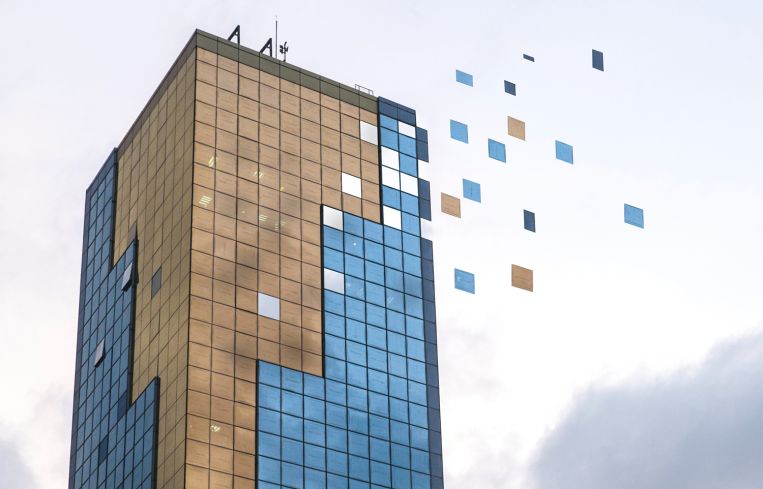Proptech Firm Parity Closes $19M Series B Raise
Funding will be used to reduce multifamily and hospitality HVAC carbon emissions
By Philip Russo June 11, 2024 9:00 am
reprints
The effort to reduce carbon emissions through proptech got a boost Tuesday when Parity, a remote platform for multifamily and hospitality HVAC management, announced that it closed a $19 million Series B raise.
Idealist Capital led the funding round, joining existing investors ArcTern Ventures, Wyse Meter Solutions and RET Ventures. The latest round will allow Parity to focus on geographic expansion across the United States, as well as targeting new verticals, including senior and student housing, according to the company announcement.
“For a company like ours, the quantum of the raise means we are able to open up the geographic areas that we service, help our current customers, and obviously go after new customers and buildings that are outside our current service areas,” said Brad Pilgrim, co-founder and CEO of Toronto-based Parity.
By remotely operating existing HVAC systems, Parity seeks to limit energy waste to improve performance. The company takes the daily management of HVAC performance off the shoulders of building managers by autonomously optimizing control adjustments in real time while integrating with a building’s existing control infrastructure.
“Parity has developed and deployed a cost-effective solution for the real estate industry,” said Pierre Larochelle, co-managing partner at Idealist Capital. “An important element of decarbonizing the built environment is accounting for energy wasted. No building will be net zero without a comprehensive system in place to stop excess energy waste.”
Founded in 2016, Parity leverages its HVAC platform so that buildings can become more flexible and interact with the grid in more complex ways, said Pilgrim.
“We spent the last number of years solidifying and de-risking our technology in the multifamily and hospitality sectors,” he said. “That’s come through numerous iterations. We’re continuing to iterate on how to deliver the best service and make the most reliable technology for our customers. I think there’s a number of things that are coming together, both on the macro- and microeconomic level, that are pushing this type of technology to be adopted by buildings.”
The latest funding round comes as real estate continues to grapple with its significant contribution to carbon emissions, accounting for 40 percent of the U.S. total, with half stemming from inefficient HVAC systems, according to Parity. In multifamily buildings, nearly a third of energy consumption is wasted.
“I think the industry is still struggling with how to differentiate between data collection and recommendations,” said Pilgrim. “Parity is all about automated efficiency and maximizing performance of existing equipment, not getting buildings to do big expensive projects to be more energy efficient and reduce their carbon footprint.
“It’s really about marrying up the integration aspect with meeting a building where it’s at. So, if a building has done nothing in the past and it wants to digitize and take control, we can get it there. And, if a building has just been built and has the latest and greatest in technology, we can also meet it there. We would simply integrate through their current and existing controls and plug it into our algorithm platform, which essentially automates and controls all of the HVAC components in the building continuously.”
The result is that every five minutes or less, Parity’s software can read building demand on individual pieces of equipment and send back instructions on how the HVAC should be meeting that demand to eliminate energy waste while the building’s energy needs are being satisfied and CO2 emissions reduced, said Pilgrim.
Philip Russo can be reached at prusso@commercialobserver.com.



